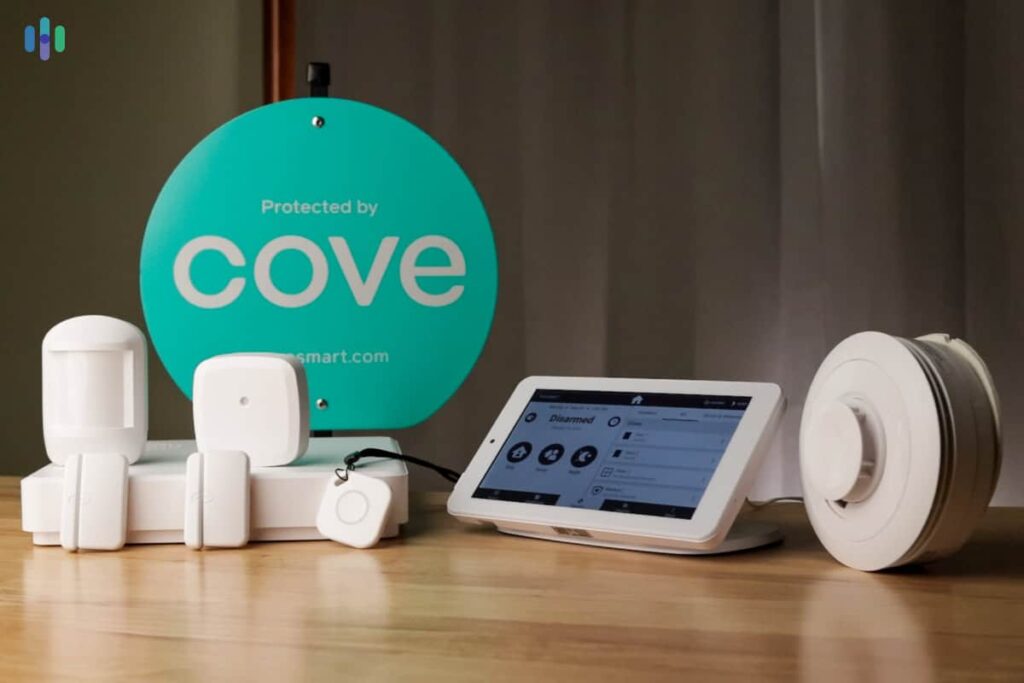In today’s society, smart homes are no longer a distant dream from science fiction movies but have become a reality in thousands of households. Particularly, the proposal and popularization of the ‘whole-house intelligence’ concept have elevated smart homes to a new level. Today, let’s discuss an indispensable part of whole-house intelligence – smart security.
I. Definition of Smart Security
Smart security refers to a series of intelligent solutions that utilize advanced technologies such as the Internet of Things, cloud computing, and big data to monitor, alert, and protect the residential environment in real time. It is not only about traditional anti-theft alarms but also includes several aspects such as smart door locks, video surveillance, smoke alarms, and gas leak detection.
II. The Importance of Smart Security
With the improvement of living standards, people’s requirements for the safety of their living environment are increasingly high. Smart security systems can not only effectively prevent illegal intrusions but also detect and handle fire, gas leaks, and other safety hazards in a timely manner, providing comprehensive protection for our lives and property.
III. Jin Xiu Lan Ting’s Smart Security System
(1) Smart Door Locks – Building the First Line of Defense for Home Security
Equipped with keys, fingerprints, passwords, and remote unlocking, it offers convenience while reflecting the awareness of security prevention. When the owner is out and the house is unattended, you can set ‘guard’ mode. If someone lingers in front of the door, the app will remotely alert and simultaneously initiate recording, uploading to cloud storage for anytime access. The mobile app allows you to remotely check the status in front of the door and also facilitates video calls with visitors.
(2) Smoke, Gas, and Water Immersion Monitoring Alarms – Building the Second Line of Defense for Home Security
Smoke alarms are typically installed on the ceilings of kitchens and bedrooms. When there is smoke or a fire in the home, the smoke alarm will link with smart switches and smart sockets to control the lights and appliances to shut down, preventing secondary disasters. At the same time, the mobile client will receive an alarm notification, indicating that the smoke alarm has issued an alarm.
Gas detectors are installed on the ceilings of kitchens, mainly testing whether flammable gases such as natural gas and coal gas are leaking. They automatically emit an alarm sound when the concentration of flammable gases in the air reaches a certain level, and the mobile client will receive an alarm notification, indicating a gas leak.
Water immersion detectors are generally installed in areas prone to accidental water leakage, such as kitchens, bathrooms, and balconies. In case of unexpected water leakage due to pipe bursts or rainwater backflow, these detectors intelligently sense and accurately alarm, providing timely information on water hazards and enabling prompt measures to avoid property loss, bringing endless peace of mind to your life.
(III) Cameras – The guardians of security systems. Needless to say, home cameras not only can deter thieves but also provide evidence for public security organs to bring bad guys to justice. Of course, in addition to dealing with thieves, the two-way voice real-time communication function can also take care of children and the elderly at home. Smart monitoring high-definition cameras have millions of pixels, come with a pan-tilt, and also have storage and snapshot functions.
Smart security has become an indispensable part of whole-house intelligence. It not only provides us with security but also enhances the quality of life.


